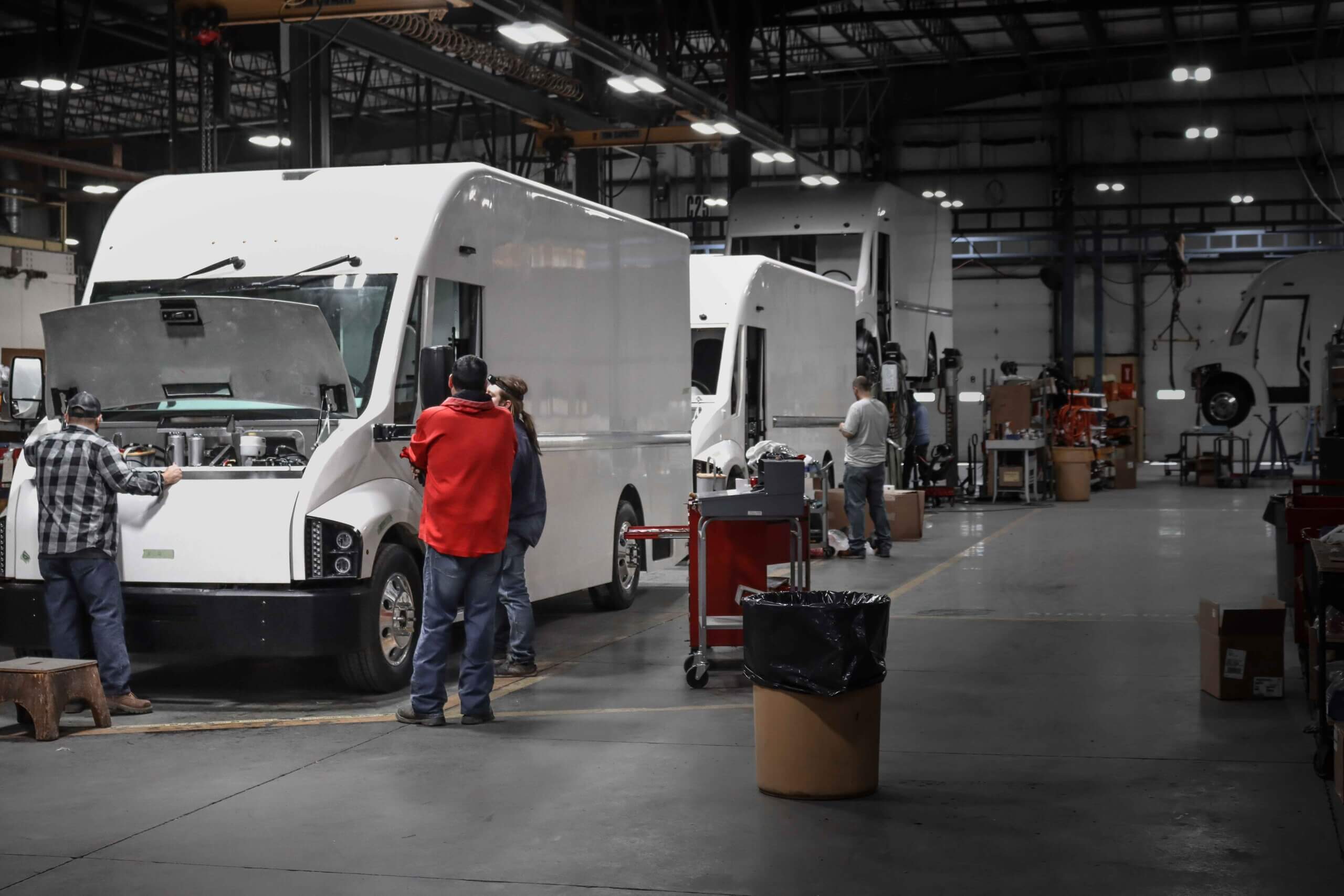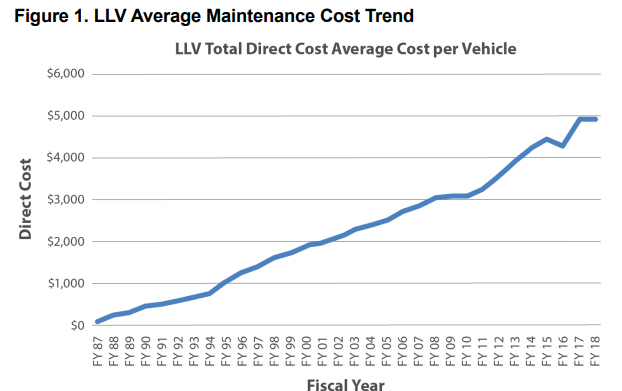

While it's imprudent to expect significant results from just a few executive statements before actual performance confirms a turnaround, Dauch seems to be trying to turn the corner on Workhorse's difficulties. The company's new leader is aiming in a fresh direction. The Wall Street reaction to Workhorse's C-1000 recall, following on the heels of its USPS loss, is understandable, but might be premature. Does Workhorse belong in your stable of stocks? Some of its EV competitors, including several with significant valuations, are still at the prototype stage, with no commercial vehicle sales whatsoever. One final element potentially weighing in Workhorse's favor is it actually has physical vehicles on the road. While this represents an approximate $52 million loss from the original purchase price, the sale will add to the company's $156.6 million in cash, enabling it to continue operating longer and potentially ramp up production of its improved vans along with its drone technology. According to its second-quarter press release, the sale will give it $79 million in net proceeds. Workhorse also sold 72% of its shares in EV start-up Lordstown Motor Corporation (NASDAQ: RIDE). It states these improvements are "primarily related to vehicle dynamics to increase the vehicles' payload capacity," which could make the vans more appealing to future customers. Workhorse says it's working on "enhancements" to the C-1000's design based on feedback. While the recall is partly to improve safety features, the company notes there are no customer safety complaints. So, too, could the recall and suspension of C-1000 production. Improving potential future working relationships with the government, and halting the expense of a likely futile complaint, could be positive steps for the company. He declared his belief that "the best way for us to work with any governmental agency is through cooperation, not through litigation." He added by "withdrawing our protest, we can also better focus our time and resources on initiatives that we expect will be more productive." He led the decision to terminate the USPS contract complaint. Possibly more significantly, Dauch is taking action on several fronts.

While the company naturally portrays the pick favorably, its note that Dauch has "more than 25 years of industry experience, including 12 years serving in CEO roles" indicates the new chief executive at least has a top-level business background. The board appointed a new CEO, Richard F. While Workhorse's situation looks bleak on the surface, several pieces of news suggest it might eventually pull out of its slump. Short-sellers are betting on the company's continued misfortune, with short interest as roughly 36% of float by mid-September. Overall, the company's shares remain down more than 80% from their early 2021 peak.

Its share price plunged as much as 14% the day Workhorse made the recall public. Perhaps unsurprisingly, traders reacted negatively. The company both recalled the C-1000s currently on the road and suspended upcoming deliveries.
WORKHORSE GROUP USPS UPDATE
The C-1000, an update on Workhorse's earlier C-650 design, is named for its 1,000 cubic feet of cargo space, while retaining the same 100-mile range. Next, Workhorse announced recall of 41 of its C-1000 electric last-mile delivery vans on Sept.


 0 kommentar(er)
0 kommentar(er)
